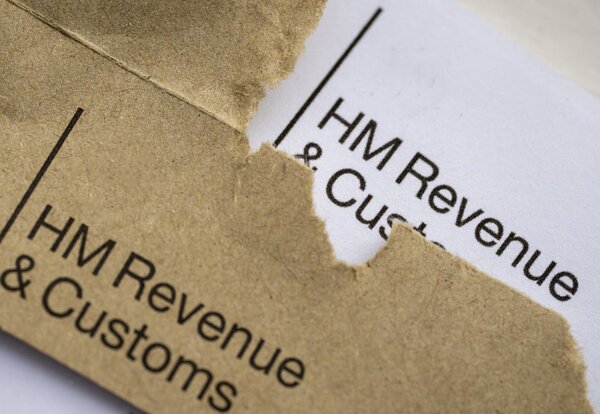
HM Revenue & Customs (HMRC) has announced a significant change that could provide financial relief to many UK taxpayers. Effective from May 28, 2025, the government will reduce the late payment interest rate from its previous level down to 8.25%.
This move follows a broader trend of adjusting interest rates in response to economic conditions, and it could mean lower charges for individuals and businesses who miss tax payment deadlines.
For many households and self-assessed taxpayers, this change offers an opportunity to manage tax debts with slightly less financial strain. However, while the interest rate drop may ease some burdens, experts advise taxpayers to continue prioritising timely payments to avoid additional penalties.
Understanding the Change: What Is HMRC’s Late Payment Interest Rate?
HMRC’s late payment interest rate is the charge levied on taxpayers who do not pay their tax bills by the due date. This interest is calculated daily on the outstanding amount, increasing the total owed until the tax is fully paid. The rate reflects broader economic indicators, including Bank of England base rates and inflation data, and is reviewed regularly.
Reducing the late payment interest rate to 8.25% is a decrease from the previous rate (which stood at 8.75%), representing a 0.5 percentage point cut. Although this change does not affect penalties for late filing, it directly reduces the financial cost of paying tax after deadlines.
Why Has HMRC Lowered the Rate Now?
This adjustment aligns with recent trends in the UK’s economic climate. With the Bank of England moderating base interest rates and inflation gradually stabilising, HMRC’s late payment rate has been reviewed accordingly. According to an HMRC spokesperson, the rate reduction “reflects current economic realities and aims to balance taxpayer support with government revenue needs.”
Economic analysts note that lower interest rates generally encourage timely payments by reducing the financial burden of interest accumulation. However, the government remains firm on enforcing tax compliance to safeguard public finances.
Implications for Taxpayers: Who Benefits?
The reduced interest rate benefits a wide range of taxpayers, including self-employed individuals, landlords, and businesses that occasionally struggle with cash flow and may pay taxes late. For example, a taxpayer with an outstanding £5,000 tax bill would save approximately £25 annually in interest charges with the new rate compared to the previous one.
However, experts caution that this should not encourage late payments, as penalties for late filing and other fees still apply. HMRC’s focus remains on timely compliance, with interest rate reductions offering only partial relief.

What Taxpayers Should Do Next
Taxpayers are advised to continue paying taxes promptly to avoid unnecessary charges. For those who face difficulty meeting deadlines, HMRC offers payment plans and support options. The rate cut may ease the cost of repayment for those who fall behind, but proactive communication with HMRC remains crucial.
Tax advisors recommend reviewing individual tax affairs and considering arrangements to manage payments, especially for those with fluctuating incomes or business cycles.


Fun Fact
Did you know HMRC’s late payment interest rate is usually higher than the Bank of England’s base rate? It’s meant to encourage timely payments. In the 1990s, it hit 12%, a costly delay!
Conclusion
In conclusion, HMRC’s decision to lower the late payment interest rate to 8.25% starting from May 28, 2025, marks a helpful adjustment for taxpayers managing overdue tax bills. While this rate cut reduces the interest costs on unpaid taxes, it does not remove the importance of meeting payment deadlines to avoid additional penalties and fees.
Taxpayers should view this change as a small relief rather than an invitation to delay payments. With economic conditions evolving, such changes reflect the government’s aim to provide balanced support while safeguarding public funds. Staying informed and proactive with tax payments remains the best strategy to maintain financial health and avoid unnecessary charges.
Frequently Asked Questions
What is the HMRC late payment interest rate?
The late payment interest rate is a charge HMRC applies to overdue tax payments, calculated daily on the unpaid amount until fully settled.
When does the new 8.25% rate take effect?
The new rate applies from May 28, 2025.
Does the reduced interest rate affect penalties for late filing?
No, the interest rate change only affects interest on late payments, not penalties for late submission of tax returns.
How can I avoid paying late payment interest?
Pay your taxes by the deadline and, if needed, set up a payment plan with HMRC if you can’t pay in full on time.
Will this change affect all taxpayers?
Yes, the new interest rate applies to all taxpayers who owe HMRC late payments across income tax, corporation tax, VAT, and other tax types.











